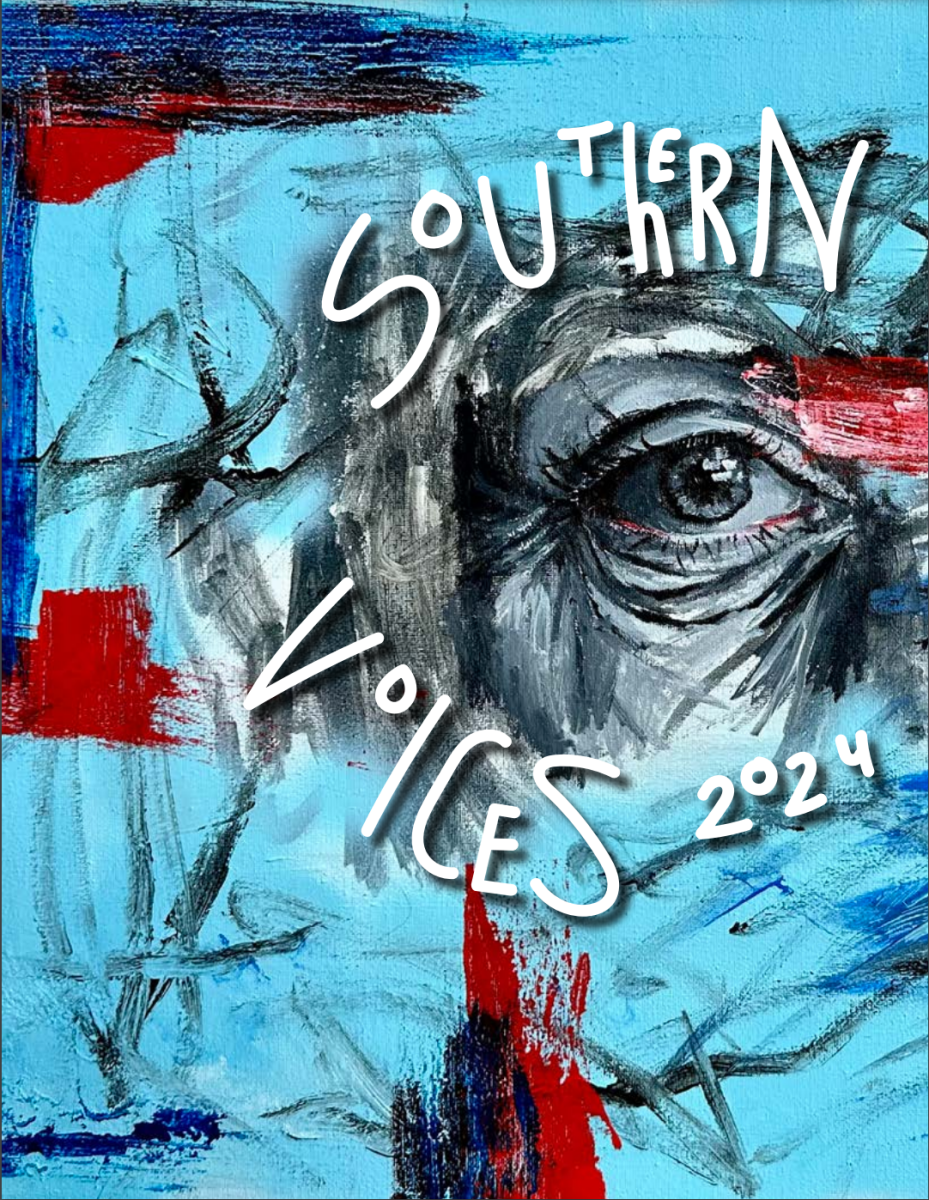’Tis the season to be jolly. It’s also the season to be overstimulated by festive celebrations, online shopping deals and abundant advertisements wanting us to buy, buy, buy. Holiday hypercapitalism influences not only our shopping habits but also the festive celebrations we know and love.
Capitalism is an economic system that thrives on profit and sets markets into a frenzy during the holidays. The extended Christmas holiday season becomes the Olympics for businesses competing for consumers’ attention and money due to supply and demand. Stores are adorned with decorations, and festive music fills the air.
As private companies show their holiday marketing campaigns, they promise the perfect Christmas: They can make families’ dreams come true. However, businesses don’t mention the money spent by consumers during the holidays only feeds a counterfeit celebration.
The trajectory of holiday spending consistently increased from 2007 to now. We, as a nation, are expected to hit almost $967 billion in holiday spending, the National Retail Federation reported in November. While capitalism fuels the economy and provides jobs, the impacts of this raise important questions about the true meaning of the holidays: Are we celebrating the season of giving or the season of buying?
Capitalism’s impact on the holidays is most evident in the consumerist frenzy known as Black Friday. A day with doorbuster deals and early morning lines, Black Friday is the mascot of excessive spending during the holidays. The desire for discounts and the adrenaline high from hunting for the trendiest gifts can sometimes overshadow the true spirit of the holidays.
The commercialization of holidays can lead to spending beyond our means, which creates financial stress for many families. On the other hand, capitalism also plays a role in driving innovation and creating opportunities. Small businesses often rely on the holiday season to boost their sales.
The commercialization of holidays can lead to spending beyond our means, which creates financial stress for many families. On the other hand, capitalism also plays a role in driving innovation and creating opportunities. Small businesses often rely on the holiday season to boost their sales.
The household ugly Christmas sweater contest has undergone a transformation influenced by hypercapitalism, too. Originally, a participant would embrace the charm of repurposing unique sweaters from family closets. However, the tradition has shifted as capitalism forced itself into this trend. Now, stores offer pre-made, ugly sweaters with added garland and tinsel for purchase. This commercialization represents a transition from a personal, sentimental tradition to a market-driven trend and highlights how capitalism is reshaping the authenticity of holiday practices.
Capitalism’s influence on the holidays extends beyond shopping. The entertainment industry capitalizes on the season with an excess of holiday-themed movies, music and seasonal events. While these contribute to the festive atmosphere, they also highlight the commercialization of traditions, which makes me curious about the authenticity of our feelings during this time.
Overall, the combination of capitalism and the holidays presents a complex relationship. As consumers, we can be mindful during these seasons. Supporting local businesses, focusing on festive experiences and finding a balance between gift-giving and spending time with loved ones can help preserve the true spirit of the holiday season.













